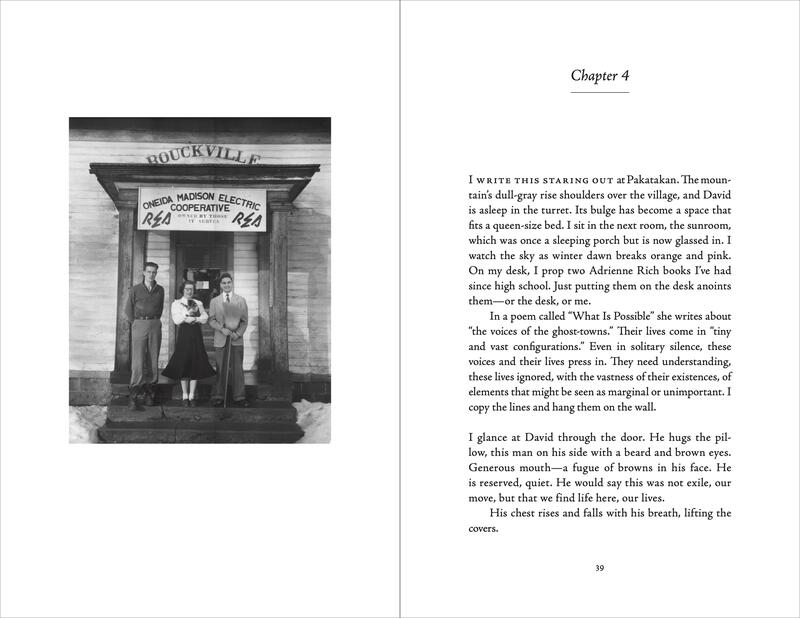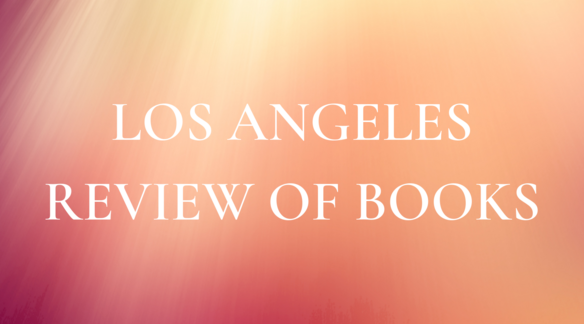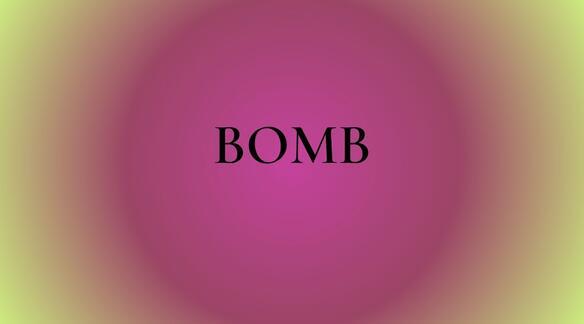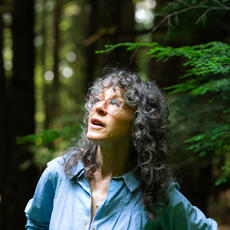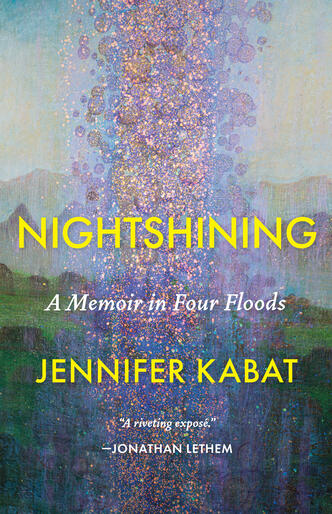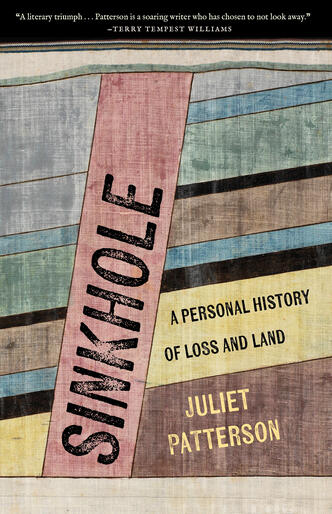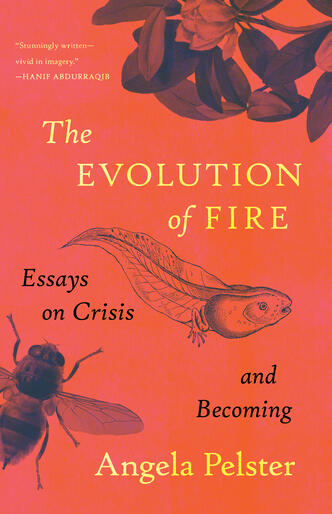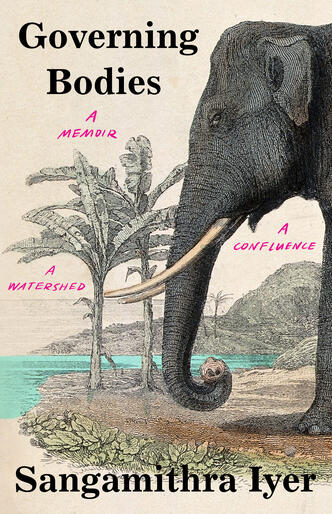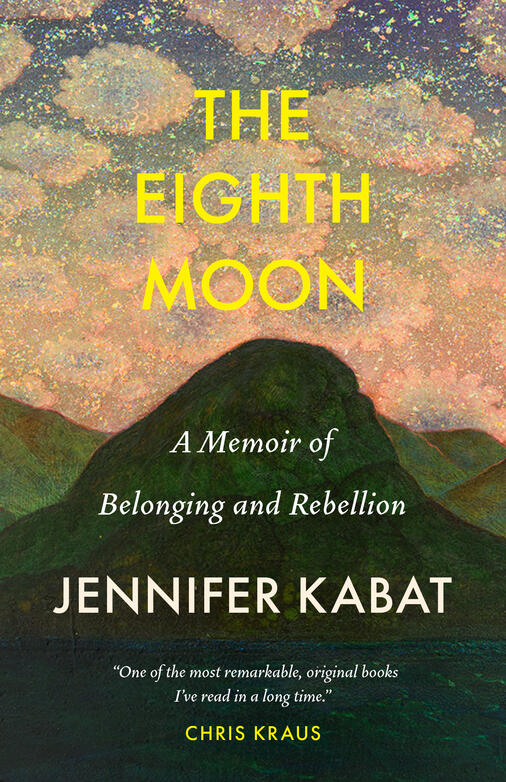
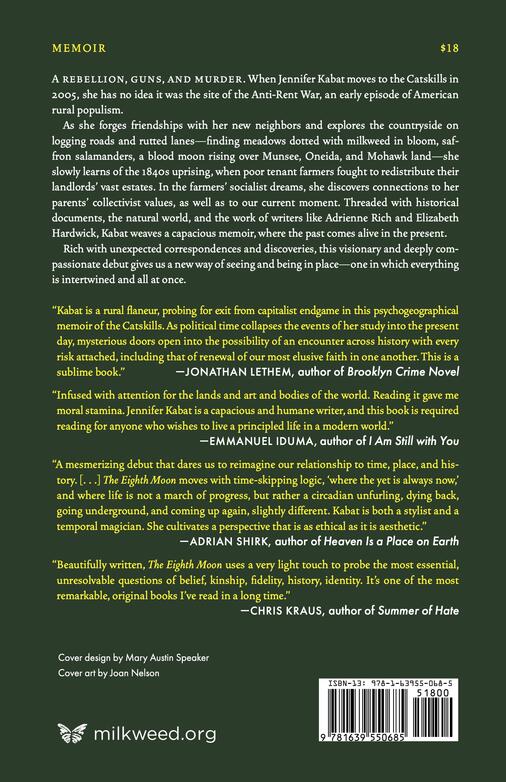
The Eighth Moon
“Beautifully written, The Eighth Moon uses a very light touch to probe the most essential, unresolvable questions of belief, kinship, fidelity, history, identity”—CHRIS KRAUS
“Beautifully written, The Eighth Moon uses a very light touch to probe the most essential, unresolvable questions of belief, kinship, fidelity, history, and identity.”—Chris Kraus
A rebellion, guns, and murder. When Jennifer Kabat moves to the Catskills, she has no idea it was the site of the Anti-Rent War, an early episode of American rural populism.
As she forges friendships with her new neighbors and explores the countryside on logging roads and rutted lanes—finding meadows dotted with milkweed in bloom, saffron salamanders, a blood moon rising over Munsee, Oneida, and Mohawk land—she slowly learns of the 1840s uprising, when poor tenant farmers fought to redistribute their landlords’ vast estates. In the farmers’ socialist dreams, she discovers connections to her parents’ collectivist values, as well as to our current moment. Threaded with historical documents, the natural world, and the work of writers like Adrienne Rich and Elizabeth Hardwick, Kabat weaves a capacious memoir, where the past comes alive in the present.
Rich with unexpected correspondences and discoveries, this visionary and deeply compassionate debut gives us a new way of seeing and being in place—one in which everything is intertwined and all at once.
LOOK INSIDE THE BOOK:
